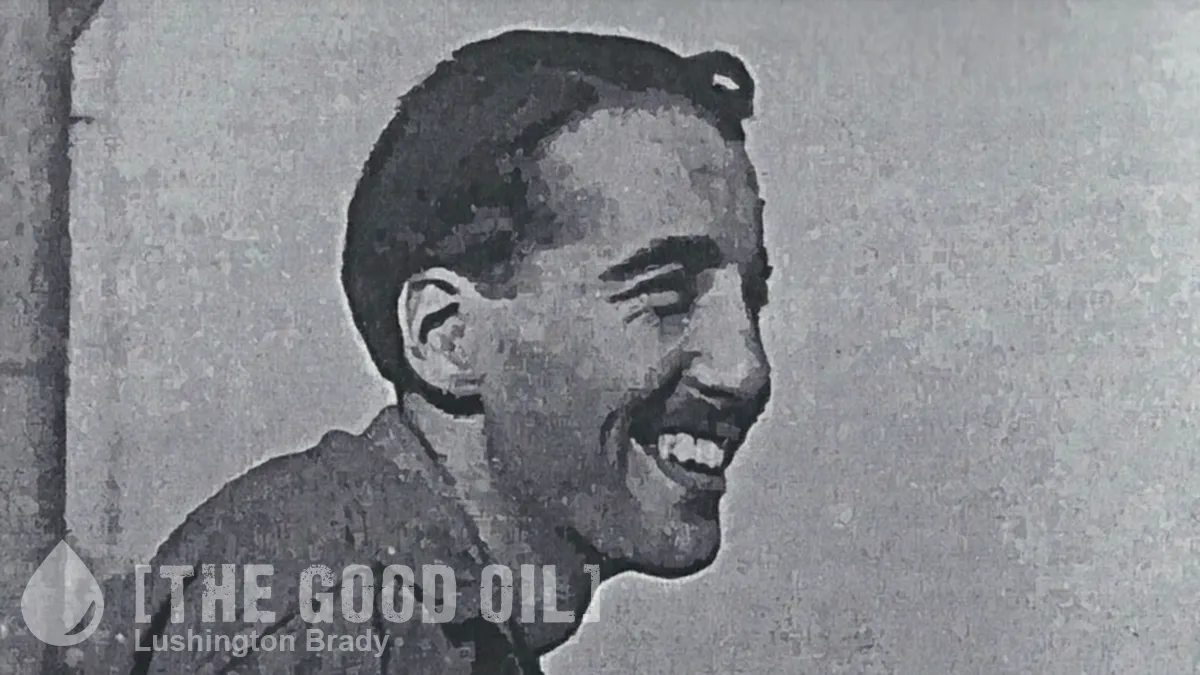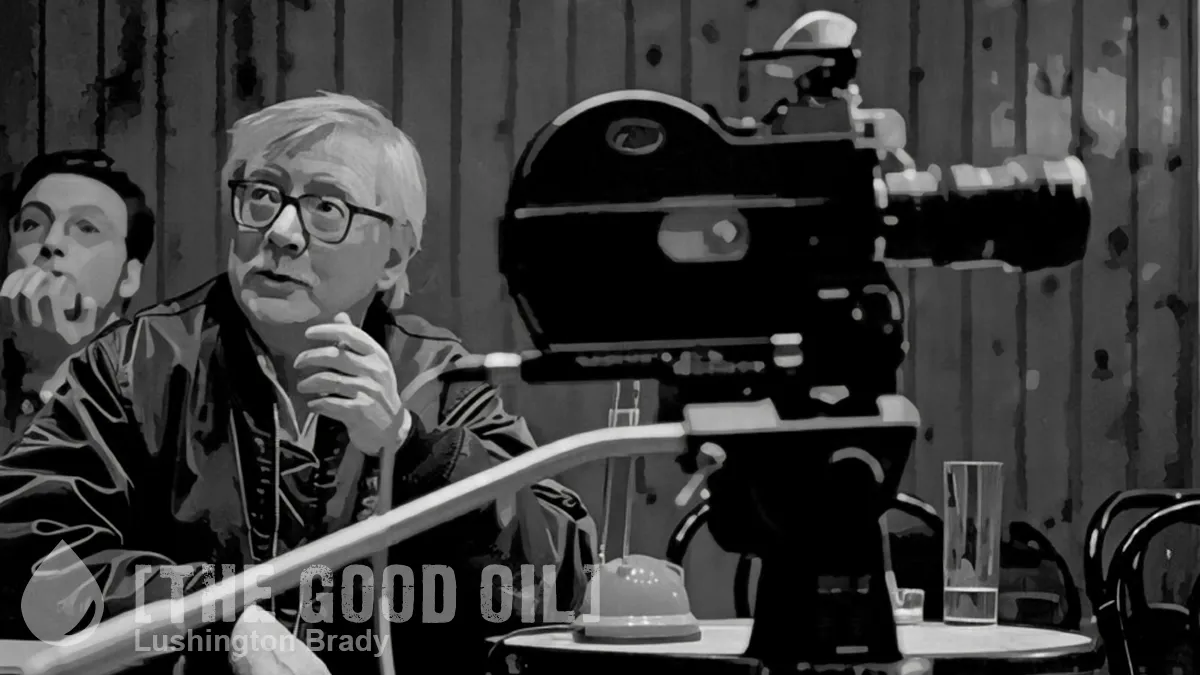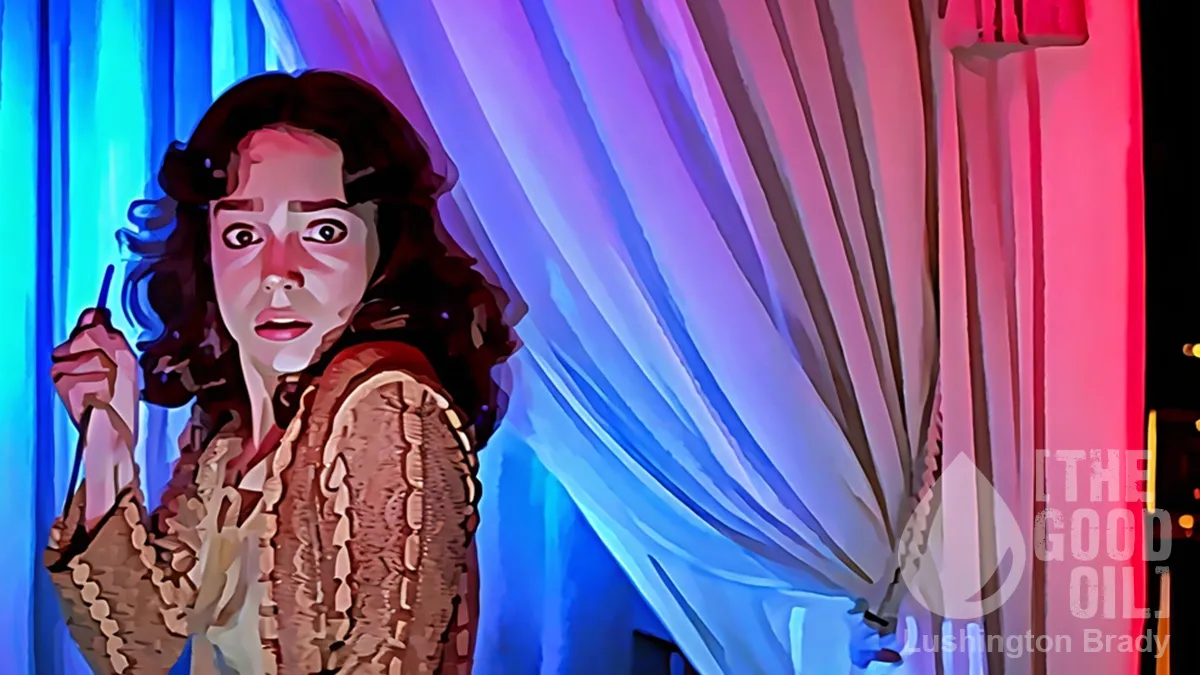Table of Contents
Back when broadband internet was still pretty snazzy, Dr David Thorpe was easily the best music critic around. By “best”, I mean, the most acerbic and intolerant of the sort of stuff that is inexplicably popular with supposed music cognoscenti (the execrable Tool were deservedly one of his favourite targets). Naturally, his column was titled, “Your Band Sucks”.
In one column, Thorpe addressed the phenomenon of indie bands signing to a major label and supposedly losing their edge. In reality, he argued, they kept right on being the same shitty, inept musicians they always were, but, once they got into a proper studio and shucked off the blanket of lo-fi production, their fans could suddenly hear how crappy they really were.
Much the same happens with many indie movie directors making their A-list debut. Richard Kelly’s Donnie Darko was heralded as a low-budget, surrealist masterpiece. Then, he got handed big budgets and… it turned out that he actually sucked. His last movie was in 2009 and you’ve never heard of it.
Some directors manage to keep up the charade and shoot their creative wad on a big-budget first-timer and then spend the rest of their careers churning out increasingly rubbish flopparoos. M Night Shyamalan and the Wachowskis, I’m looking at you. (Quentin Tarantino, on the other hand, has improved with experience: his early hits are his most rubbish. Which says a lot about popular tastes, maybe.)
Others keep peddling their one-trick shtick and somehow getting away with it. No matter how often they keep demonstrating their creative bankruptcy to the world, audiences keep lapping it up.
Over to you, Baz Luhrmann.
No one makes a splash quite like Baz Luhrmann. Trouble is, that splash is so shallow it barely breaks the surface.
Baz is the King of Bling, the Bedazzler of cinema. His movies are all flash and tinsel. They are noisy, frenetic, hyperactive triumphs of spectacle over substance, and people just love them.

Luhrmann fooled me for a couple of films. Strictly Ballroom remains enjoyable, for sure. Romeo + Juliet was a perfect Shakespeare for the MTV generation, make of that what you will. But then he just kept repeating the same shtick.
A shtick that he stole wholesale from Bollywood. The frenetic jump-cutting, the ridiculous melodrama, the saturated colours and the big song and dance numbers: all of it comes straight from Bollywood.
Elvis is a bit of a mess. The Great Gatsby was a bit of a mess. Moulin Rouge with its pop-song mash-ups was a bit of a mess. And Australia was the mother of all messes. Only Strictly Ballroom – which was no less razzle-dazzle than the others, but was a breath of fresh air when it landed – and Romeo + Juliet, a perfectly judged marriage of MTV aesthetic and hyperinflated teen emotion to Shakespeare’s text, stand apart.
I haven’t and have no intention of seeing Elvis. As Dr David Thorpe said of Tool’s 10,000 Days:
“It sounds exactly and precisely like a Tool album. They might as well have not have released it at all, because anyone who’s ever heard Tool could simply imagine what a new Tool album would sound like, and this is exactly what they’d imagine.”
Likewise, I’ll lay good money that Elvis is exactly what I’d imagine the next Baz Luhrmann film would be like.
Elvis is more of the same. Even before it’s begun the screen has exploded in a riot of CGI jewels to form the Warner Bros logo. The first 20 minutes is a mess of noise and hyperactive camerawork, as if some hyperactive kid had gone hard at the red cordial then set out to make a movie. When Baz wants to convey the idea that Elvis’s twin influences were gospel music and the blues, he has him as a young kid literally running back and forth between a church and a honky tonk, between rapture and the ravishing of the flesh. It’s nuts.
Luhrmann’s entire filmography is exactly what I so disliked about Tarantino’s Pulp Fiction:
Slicing and dicing the past to create assemblages that glitter and shine with apparent meaning but really offer little beyond the facade.
The Age
Which might make him the ultimate filmmaker for the hypertext generation, who’ve grown up hopping from page to page without ever stopping to really read or absorb anything of depth.









